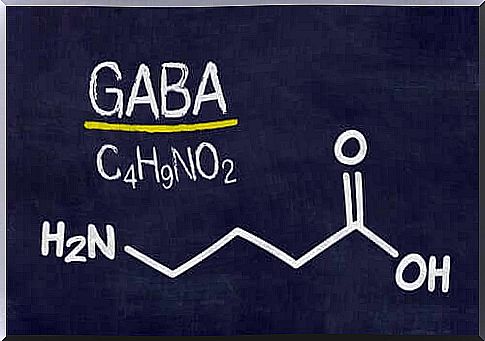Neurobiology Of Disappointment: Pain That Lasts A Long Time

The neurobiology of delusion shows us once again that there are aspects of our life that the brain experiences particularly painfully. For some particular reason unknown to us, all the experiences in which we lose opportunities or situations in which our trust in someone fails are the cause of a particularly long suffering.
William Shakespeare argued that expectation was the source of all anguish, and perhaps he was right. But it is also true that often the human being needs to cling to something to gain stability, in order not to fall in the face of all the uncertainties of life. We take it for granted that family members, partners or friends who are very dear to us will not let us down.
The expectations we place on ourselves are also too high, assuming that we will never fail and that what we have today will also be ours tomorrow. Yet, fate often decides to change course and bring down our castle of expectations and certainties. This experience, defined simply as a loss of confidence, is interpreted in the brain as an alarm signal for our own survival.
We missed an opportunity we cared about, lost our job overnight or suffered an emotional loss. In all these cases there is a deep pain. These are real slaps to certainties that were part of us and of our life. But what happens, in these cases, at the brain level?
Neurobiology of disappointment
The neurobiology of delusion was born thanks to the recent interest in this emotion by neuroscience. Over the past few years, psychologists, psychiatrists and neurologists have wondered not only why this emotional state is experienced so intensely, but also to what extent delusions shape our personality.
Anyone who has lived through so many becomes a disillusioned person. The disappointments suffered put a brake on ambitions and often make the individual much more cautious in terms of expectations. Such a noticeable impact must necessarily have a cerebral explanation. Let’s find out what science says about it.

Neurotransmitters and delusion
Neurotransmitters are chemicals that transmit signals to neurons. Thanks to this neurochemistry, emotions, behaviors, thoughts, etc. are favored. Some neurotransmitters interact in a specific way with our mood, such as dopamine and serotonin.
Following an interesting study conducted by Dr. Roberto Malinow of the neurobiology department of the University of California Medicine in San Diego, it was discovered the presence of two neurotransmitters capable of regulating the experience of disappointment. These are glutamate and GABA, which work on a specific part of our brain called abenula.
Habenula and the release of GABA and glutamate
The harenula is one of the oldest structures in our brain and is part of the emotional mechanisms that allow us to make decisions. Although it often takes on a positive function by fueling motivation, this brain area also has a dark side.
Its functioning essentially depends on a correct and balanced release of glutamate and GABA. The greater the contribution of these two neurotransmitters into the abenula, the greater the feeling of disappointment. Conversely, poor production of GABA and glutamate reduces the impact of disappointment on our brain.

Depression and its link with the neurobiology of delusion
Dr. Roberto Malinow adds another important aspect within the neurobiology of delusion. It has been observed that the impact of a persistent disappointment in most cases results in a depressive disorder. This means that when the release of GABA and glutamate is particularly intense, there is a greater risk of suffering from this psychological disorder.
Similarly, it has been observed that the excitement of the harenula due to the excessive production of the two neurotransmitters makes us obsessive towards certain painful ideas, memories or situations that we have experienced. Turning the page is very difficult for us and we are more likely to be stuck in a state of strong emotionality and suffering.
The discovery of the glutamate-GABA relationship in delusion and depression opens the door to new treatments. Until recently, in fact, it was believed that the use of antidepressants and a regulation of serotonin were enough to rebalance the glutamate-GABA ratio. Nowadays, several contraindications have been discovered.
Consequently, the challenge today is to develop treatments that specifically target certain neurotransmitters rather than others. Only in this way could adequate answers be provided to all those patients who, due to various neurochemical alterations, experience certain realities more intensely than others. The neurobiology of delusion is, nowadays, a field of great scientific interest that helps us, little by little, to improve our understanding of some aspects of our life.









